
漢德百科全書 | 汉德百科全书

 Geography
Geography
 Indonesia
Indonesia

 Party and government
Party and government
 Group of the twenty most important industrial and emerging countries
Group of the twenty most important industrial and emerging countries
Dem interessierten Besucher eröffnen sich, in den verschiedenen Regionen Indonesiens (wie Bali, Java, Sumatra usw.), faszinierende geologische Formationen und eine artenreiche Tier- und Pflanzenwelt.
Die Orang-Utans Borneos, die Riesenechsen der Insel Komodo und zahlreiche andere Tierarten leben verteilt auf den über 17.000 Inseln Indonesiens.
Die Pflanzenwelt reicht von den einigen der kleinsten Orchideenarten über die größte Blume der Welt, der Rafflesia, bis hin zu den leider immer stärker bedrohten, Urwäldern Papuas.
Die wechselhafte Geschichte Indonesiens, sowie das Vielvölkergemisch aus über 300 verschiedenen ethnischen Gruppen, mit teils sehr unterschiedlicher Geschichte bietet die Möglichkeit immer etwas Neues zu entdecken.
Indonesien entfaltet einen unerschöpflichen kulturellen Reichtum. Seien dies das javanische Schattenspiel "Wayang Kulit", der "Barong-Tanz" auf Bali, die verschiedenen Arten des Gamelanspiels oder auch die indigenen Stämme Papuas.(Quelle: http://indonesia-portal.de/)
 Atomic bomb
Atomic bomb
 BRICS summit
BRICS summit
 China
China

 History
History
 M 1500 - 2000 AD
M 1500 - 2000 AD

 History
History

 History
History

 History
History
 N 2000 - 2100 AD
N 2000 - 2100 AD


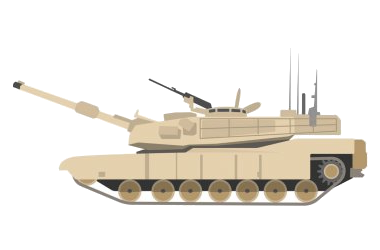
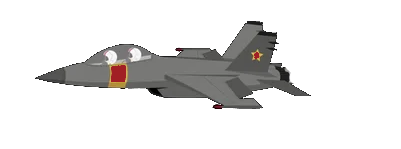
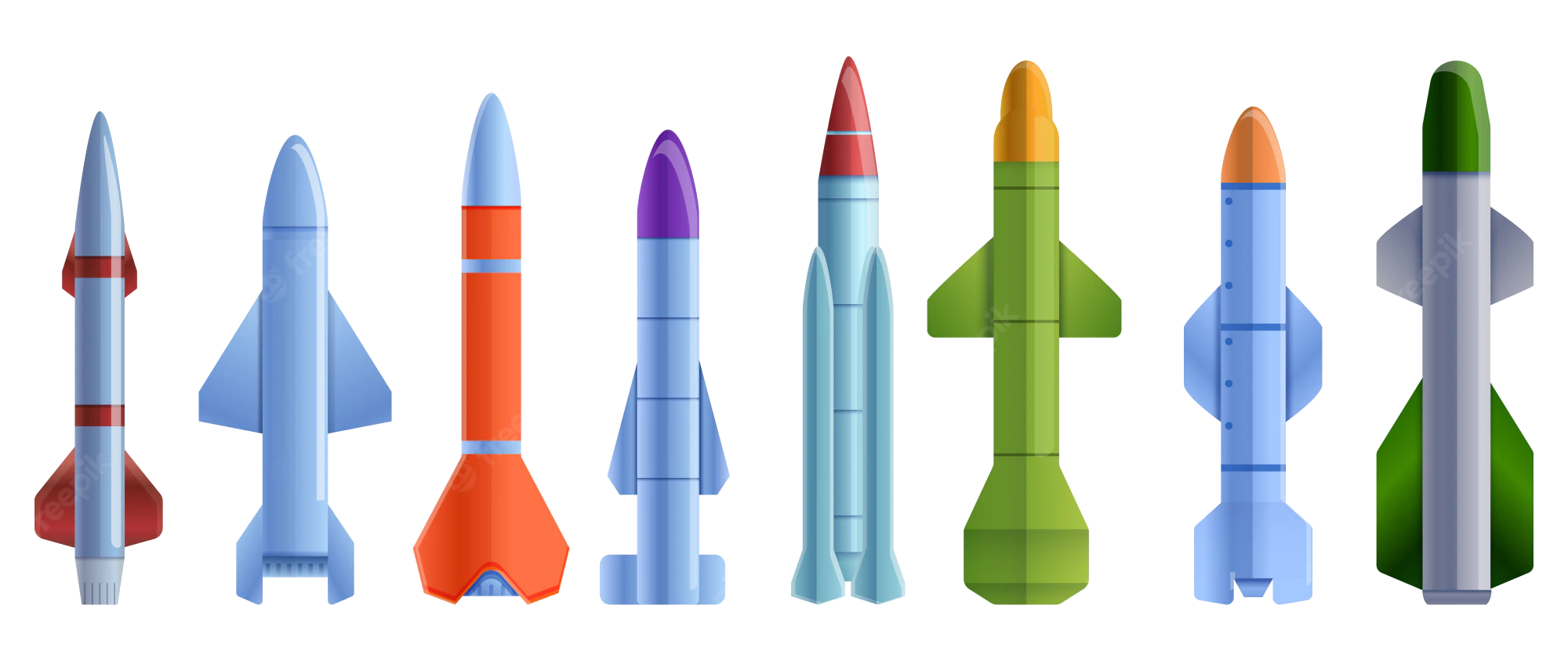 Military, defense and equipment
Military, defense and equipment
 Nuclear Weapon
Nuclear Weapon

 Party and government
Party and government
 Group of the twenty most important industrial and emerging countries
Group of the twenty most important industrial and emerging countries

 Party and government
Party and government
 BRICS
BRICS
 Silk road
Silk road
 Shanghai Cooperation Organization
Shanghai Cooperation Organization

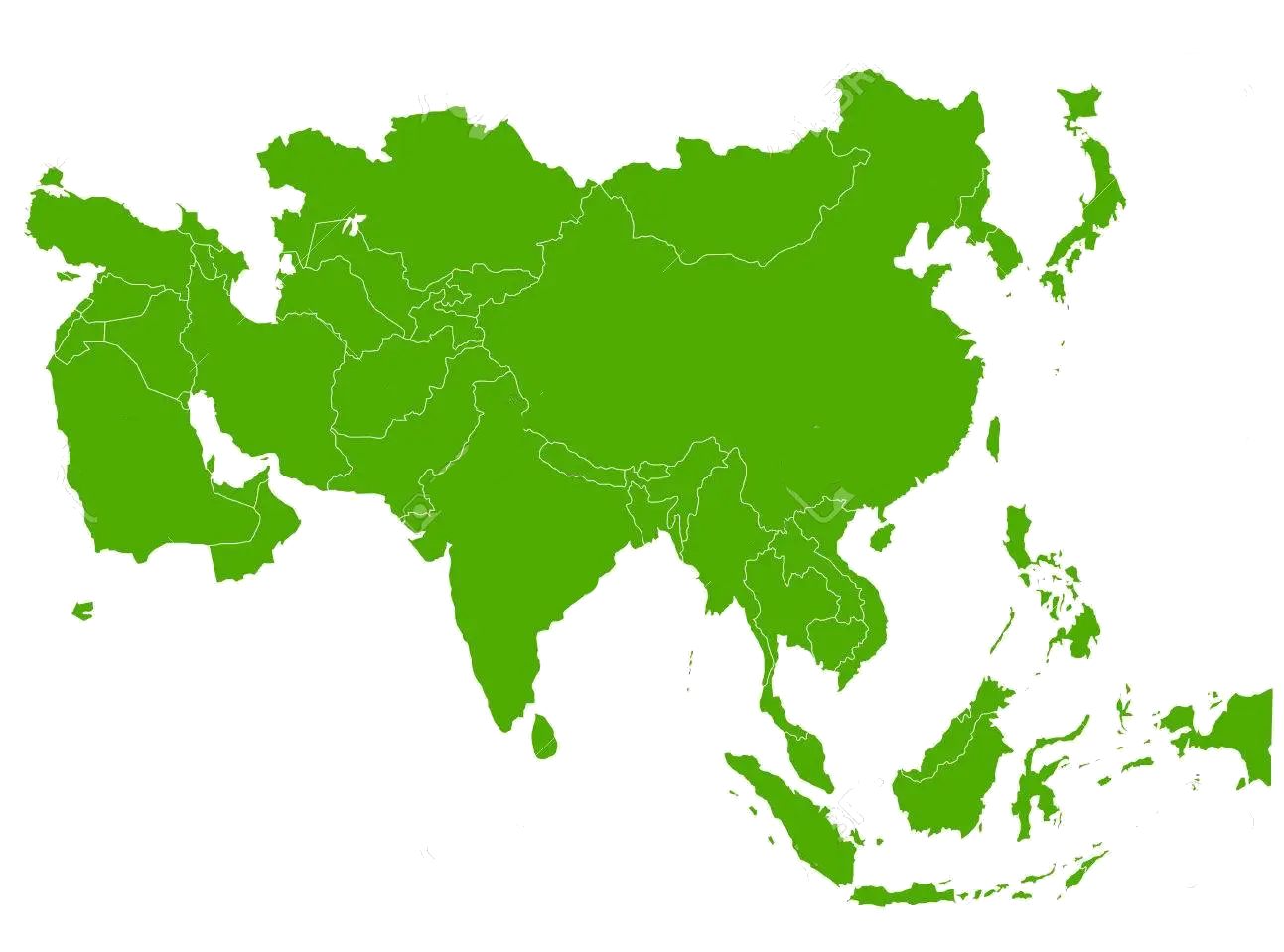 States of Asia
States of Asia

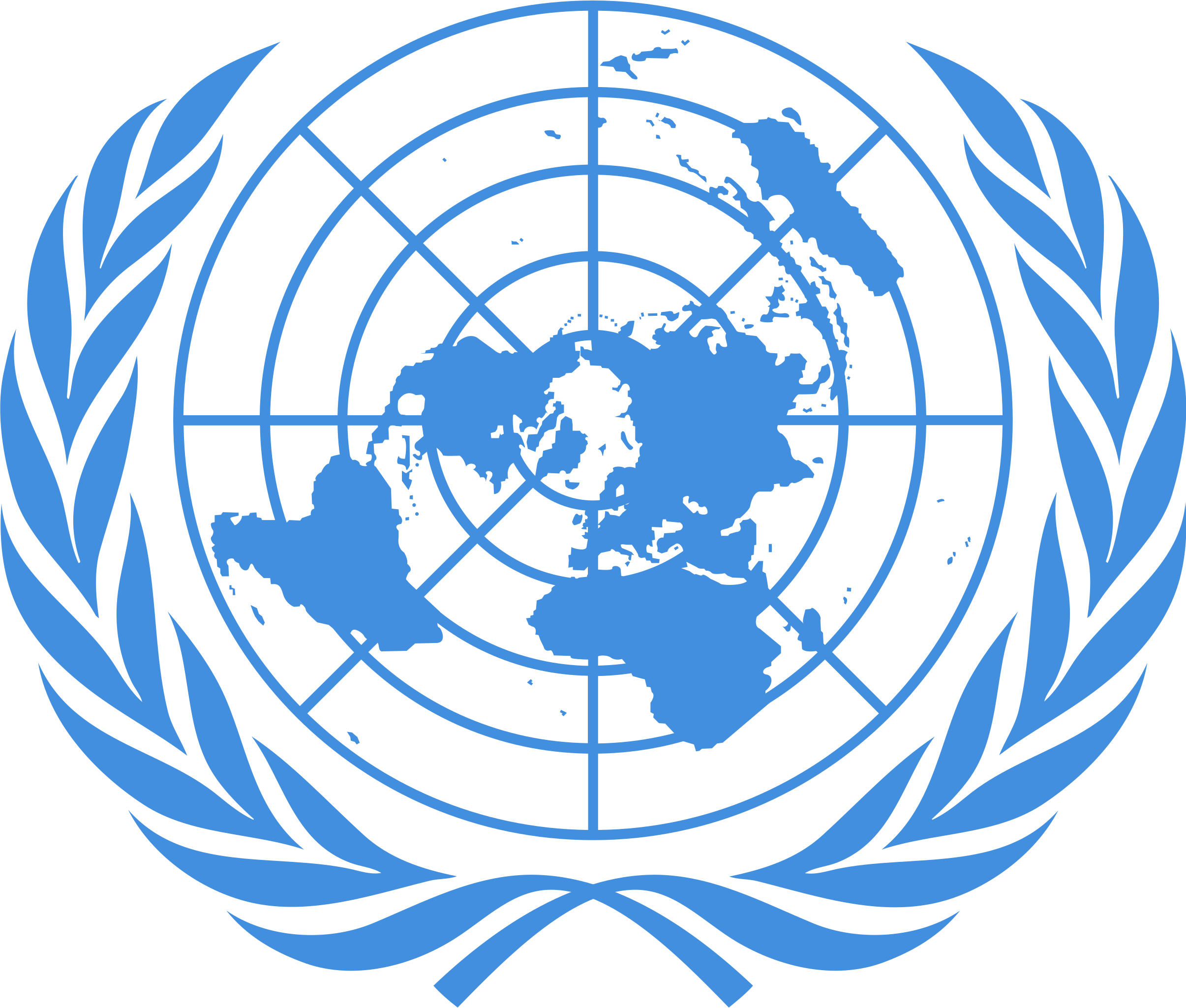 United Nations
United Nations
 United Nations Security Council
United Nations Security Council
 Hydrogen bomb
Hydrogen bomb

Die Volksrepublik China (chinesisch 中华人民共和国, Pinyin Zhōnghuá Rénmín Gònghéguó ![]() [tʂʊŋ˥xua˧˥ʐɛn˧˥mɪn˧˥kʊŋ˥˩xə˧˥kuɔ˧˥]), allgemein als China bezeichnet, ist ein am 1. Oktober 1949 gegründeter sozialistischer Staat in Ostasien. Mit rund 1,4 Milliarden Einwohnern stellt China das bevölkerungsreichste und gemessen an seiner Gesamtfläche das viertgrößte Land der Erde dar.[7]
[tʂʊŋ˥xua˧˥ʐɛn˧˥mɪn˧˥kʊŋ˥˩xə˧˥kuɔ˧˥]), allgemein als China bezeichnet, ist ein am 1. Oktober 1949 gegründeter sozialistischer Staat in Ostasien. Mit rund 1,4 Milliarden Einwohnern stellt China das bevölkerungsreichste und gemessen an seiner Gesamtfläche das viertgrößte Land der Erde dar.[7]
Gemäß ihrer Verfassung steht die Volksrepublik China „unter der demokratischen Diktatur des Volkes“, wird jedoch seit 1949 autoritär von der Kommunistischen Partei Chinas (KPCh) regiert. Wirtschaftlich weist China seit vielen Jahren eine hohe Dynamik auf. Auf Grundlage ihrer Reform- und Öffnungspolitik entwickelte sich China beginnend ab 1978 zu einer wirtschaftlichen und technologischen Großmacht.[8] Von der Weltbank wird das Land seit 2016 zu den Staaten mit einem Einkommensniveau im oberen Mittelfeld gerechnet. Seit 2010 ist China der Staat mit der umfangreichsten Warenausfuhr und gemessen an der Kaufkraftparität seit 2016 die größte Volkswirtschaft der Welt. Das jährliche Wirtschaftswachstum lag zwischen 2010 und 2017 im Durchschnitt bei 6,7 Prozent.[9]
Die Volksrepublik China zählt zu den offiziellen Atommächten, ist ständiges Mitglied des Weltsicherheitsrates sowie unter anderem Mitglied der Welthandelsorganisation, Weltbank, APEC, ASEAN, BRICS, UNESCO, Interpol, G20.
中华人民共和国,通称中国[13],是位于东亚的社会主义国家,首都位于北京[14]。中国领土陆地面积约960万平方千米,是世界上纯陆地[注 13]面积第二大、陆地[注 14]面积第三大、总面积第三大或第四大的国家[注 15][15],其分为23个省份[注 16]、5个自治区、4个直辖市和2个特别行政区。被视为亚洲地区重要地域大国,也被视为潜在超级大国[16][17][18]。是世界上人口最多的国家,约有13.9亿人[8],同时也是一个多民族国家,共有已确认的民族56个,其中汉族人口占91.51%[19]。以普通话和规范汉字为国家通用语言文字,少数民族地区可使用自己民族的语言文字。
中国地势西高东低而呈现三级阶梯分布,大部分地区属于温带、副热带季风气候,地理景致与气候型态丰富多样,有冰川、丹霞、黄土、沙漠、喀斯特等多种地貌[20],北方有干草原和荒漠,南方有热带雨林,西部和西南边境则有天山山脉、帕米尔高原、喀喇昆仑山脉和喜马拉雅山脉。东临太平洋,领海由渤海(内海)以及黄海、东海、南海三大边海组成[21],水域面积约470万平方千米,分布有大小岛屿7600个[22]。
科技方面,中国在航天航空、高速铁路、新能源、核技术、超级计算机、量子网络等领域有较强实力,研发经费则位居世界第二[23]。国防预算为世界第二高,拥有世界规模最大的常备部队及三位一体的核打击能力[24][25]。自1986年实行九年义务教育制度,就读公立学校的学生由政府提供其间学费。1978年改革开放后,中国成为经济增长最快的经济体之一[26][27]。当前,中国对外贸易额世界第一,是世界上最大的商品出口国及第二大的进口国,依国内生产总值按购买力平价位列世界第一、而国际汇率则排名世界第二[28]。2017年,中国人均国内生产总值依购买力平价为18,119美元,列全球第76位;依国际汇率则为8,643美元,列全球第72位,均尚低于世界水平[10]。改革开放以来,尽管贫困问题得到极大改善,但收入差距较大,且区域间发展不均——东部沿海地区的经济较中西部及东北地区发达——的问题仍极需解决[29][30]。
1949年中国共产党在内战中取得优势,终结了中国国民党在中国大陆的统治,于同年10月1日建立了中华人民共和国中央人民政府,并与退守台湾地区的中华民国政府形成两岸分治的政治格局。遵循和平共处五项原则的外交政策,在1971年取得在联合国的中国代表权后,成为联合国安全理事会常任理事国并加入了许多国际组织。
中華人民共和国(ちゅうかじんみんきょうわこく、簡体字: 中华人民共和国、繁体字: 中華人民共和國、拼音: 、英語: People's Republic of China, PRC)、通称中国(ちゅうごく、拼音: 、英語: China)は、東アジアに位置する主権国家。首都・北京市を政庁所在地とし、13億8千万人以上の人口で世界一人口が多い国でもある。
中華人民共和国憲法第一条で社会主義国家であることを明言しており、政治は中国共産党が指導的地位を有するヘゲモニー政党制を採用している[4]。
中華人民共和国は、中華民国統治下の中国で1921年に結党された中国共産党が、ソビエト連邦の支援を受けながら国共合作・抗日戦争(八路軍・新四軍)・国共内戦を経て国民政府を台湾島へ放逐[5]し、1949年10月1日に北京市で建国式典(中華人民共和国開国大典)を開催したことで成立した。
同国は国共内戦の延長で1954年に「台湾解放宣言」[6]を出し、第一次台湾海峡危機(1954年~1955年)と金門砲戦(1958年~1979年)を起こしたが武力による台湾占領には至らなかった。同国は2010年代に入ると一つの中国による台湾問題の解決を「(自国の)核心的利益の一つ」と規定するようになり、基本的には九二共識の合意に基づいた平和的な中国統一を目指しているが、一方で人民解放軍の武力による台湾制圧の可能性も指摘されている[7]。
計測方法によるが、同国は陸地面積では世界第2位[8]、総面積では世界第3位又は第4位である。同国の地形は、乾燥した北の森林ステップ、ゴビ砂漠、タクラマカン砂漠から、多湿な南の亜熱帯の森林まで広大かつ多様である。ヒマラヤ山脈、カラコルム山脈、パミール高原、天山山脈により、同国は南及び中央アジアから切り離されている。長さ世界第3位の長江及び同世界第6位の黄河は、チベット高原から人口密度の高い東の沿岸地域に流れ、古代には黄河文明や長江文明を興してきた。同国の太平洋に沿った海岸線は14,500kmの長さで、渤海、黄海、東シナ海、南シナ海に囲まれている。同国の国土は、22省級行政区、5自治区、北京市・天津市・上海市・重慶市の4直轄市、大部分が自治的な香港・マカオの2特別行政区によって構成されている。
中国は、繁栄と衰退の繰り返しだと考えられる過去2000年間の大部分で世界最大かつ最も複雑な経済を有した[9][10]。1978年における改革開放の導入以来、外資流入の勢いが増してゆき、産業構造が政策から転換して、中国は世界で最も成長率が高い主要経済大国の1つになった(#経済)。ソ連の純粋な社会主義体制と距離をとり、「経済面は有限な資本主義、政治面は一党独裁を守る」のような国家形態に変更したのである(中国特色社会主義)。
2016年時点で、同国は名目GDP及び貿易輸入額のいずれにおいても世界第2位であり(2014年には国際通貨基金・世界銀行・CIAワールドファクトブックによると購買力平価は世界最大のGDPとなった[11][12][13])、購買力平価GDPと貿易輸出額は世界一位である[14]。同国は核保有国に認められ、世界第2位の防衛予算で世界最大の常備軍を有する。中華人民共和国は1971年以来国際連合加盟国であり、中華民国の後任として安全保障理事会常任理事国である。中国は多数の公式及び非公式の多国間機構加盟国であり、WTO、APEC、BRICs、上海協力機構、BCIM、G20がこれに該当する。中国はアジアの地域大国であり、多数の解説者により潜在的な超大国として特徴付けられてきた[15][16]。なお2017年7月現在、中華人民共和国の世界遺産はイタリアについで52件ある。国内には文化遺産が22件、自然遺産が4件、複合遺産が4件存在する。
China, officially the People's Republic of China (PRC), is a country in East Asia and the world's most populous country, with a population of around 1.404 billion.[13] Covering approximately 9,600,000 square kilometers (3,700,000 sq mi), it is the third- or fourth-largest country by total area.[k][19] Governed by the Communist Party of China, the state exercises jurisdiction over 22 provinces, five autonomous regions, four direct-controlled municipalities (Beijing, Tianjin, Shanghai, and Chongqing), and the special administrative regions of Hong Kong and Macau.
China emerged as one of the world's earliest civilizations, in the fertile basin of the Yellow River in the North China Plain. For millennia, China's political system was based on hereditary monarchies, or dynasties, beginning with the semi-legendary Xia dynasty in 21st century BCE.[20] Since then, China has expanded, fractured, and re-unified numerous times. In the 3rd century BCE, the Qin reunited core China and established the first Chinese empire. The succeeding Han dynasty, which ruled from 206 BC until 220 AD, saw some of the most advanced technology at that time, including papermaking and the compass,[21] along with agricultural and medical improvements. The invention of gunpowder and movable type in the Tang dynasty (618–907) and Northern Song (960–1127) completed the Four Great Inventions. Tang culture spread widely in Asia, as the new Silk Route brought traders to as far as Mesopotamia and Horn of Africa.[22] Dynastic rule ended in 1912 with the Xinhai Revolution, when a republic replaced the Qing dynasty. The Chinese Civil War resulted in a division of territory in 1949, when the Communist Party of China established the People's Republic of China, a unitary one-party sovereign state on Mainland China, while the Kuomintang-led government retreated to the island of Taiwan. The political status of Taiwan remains disputed.
Since the introduction of economic reforms in 1978, China's economy has been one of the world's fastest-growing with annual growth rates consistently above 6 percent.[23] As of 2016, it is the world's second-largest economy by nominal GDP and largest by purchasing power parity (PPP).[24] China is also the world's largest exporter and second-largest importer of goods.[25] China is a recognized nuclear weapons state and has the world's largest standing army and second-largest defense budget.[26][27] The PRC is a permanent member of the United Nations Security Council as it replaced the ROC in 1971, as well as an active global partner of ASEAN Plus mechanism. China is also a leading member of numerous formal and informal multilateral organizations, including the Shanghai Cooperation Organization (SCO), WTO, APEC, BRICS, the BCIM, and the G20. In recent times, China has been widely characterized as a global superpower.[28][29][30]
La Chined, en forme longue la république populaire de Chine (ou République populaire de Chinee, RPC, chinois simplifié : 中华人民共和国 ; chinois traditionnel : 中華人民共和國 ; pinyin : , prononcé [tʂʊŋ˥xua˧˥ɻən˧˥mɪn˧˥kʊŋ˥˩xə˧˥kuɔ˧˥] Écouter), parfois appelée Chine populaire, est un pays d'Asie de l'Est. Avec près d'1,4 milliard d'habitants, soit environ un sixième de la population mondiale, elle est le pays le plus peuplé du monde6. Elle compte huit agglomérations de plus de dix millions d'habitants, dont la capitale Pékin,

